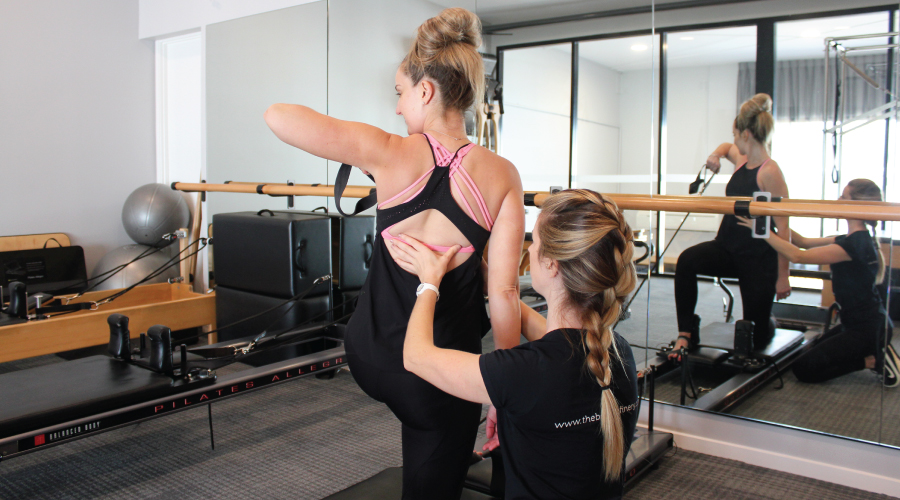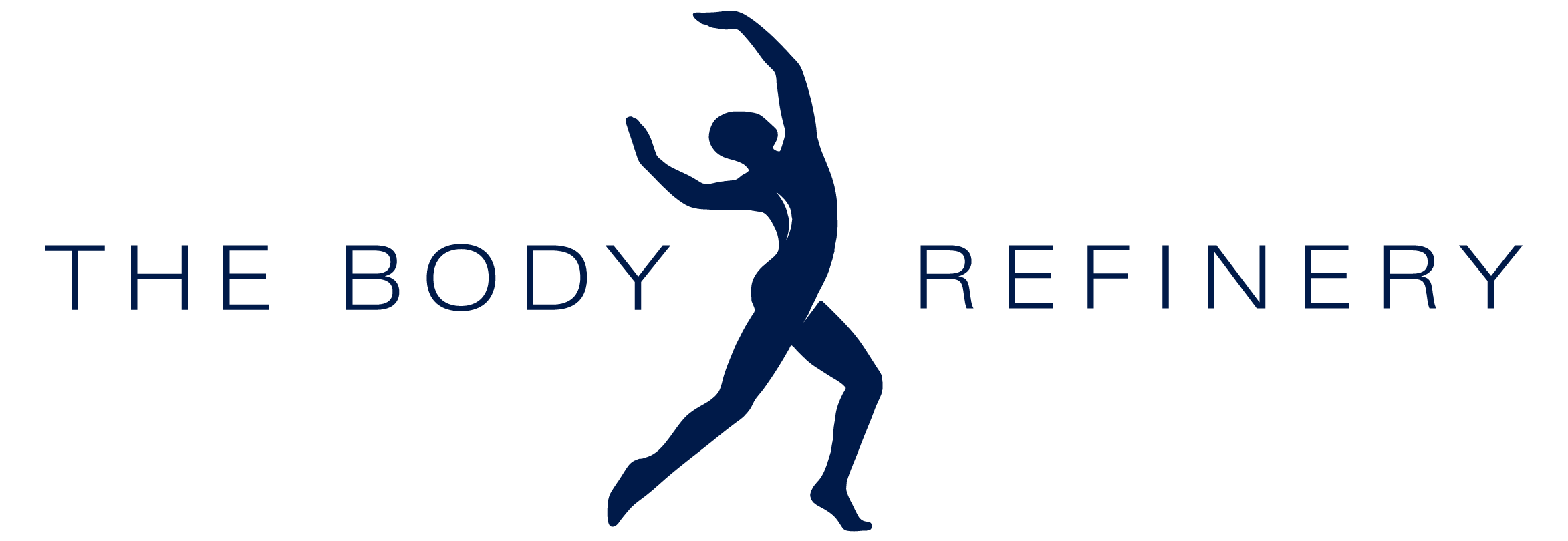As physiotherapists in the musculoskeletal field (i.e. muscles, bones, ligaments and nerves), our treatments are often viewed in terms of the hands-on work we do. While this can be a critical aspect of our overall management of patients, an equally important part of our treatment is the advice and education we provide.
Imagine there were certain things you were doing or positions you were putting yourself in that were making your pain or injury worse, but you weren’t aware. I’m sure you’d like to know so you could change or avoid these actions or postures in your daily life. There may also be certain things you could be doing to help relieve your pain and assist in your recovery. Knowing how and when to add such steps to your daily routine could be life-changing.
As patients, you know your body best and have most likely worked out what makes your pain worse, what makes it feel better, and have already made certain changes in your life to help manage your pain.
However, there are likely multiple other small things you haven’t recognised, which could be hindering your recovery.
Things like being up-to-date with the latest research – for example, applying ice to acute injuries is no longer recommended, but applying heat is.

What about increasing awareness that the way you are moving your body could be creating unhelpful movement patterns that will take time to unlearn before new optimal movement patterns can be created?
These are just some examples of patient advice and education which can be crucial to recovery. There are even some chronic pain conditions where hands-on treatment can actually make the pain worse, and for patients affected by such conditions, physiotherapists rely on providing professional advice and education as the primary form of treatment.
Physiotherapy advice also extends to the exercises we prescribe, whether this be your home exercise program or clinical rehab or clinical strength sessions undertaken with a physiotherapist or exercise physiologist in the studio.
Finally, when it comes to treatment planning, communicating your diagnosis, providing recommendations for all management options, outlining a course of action (including the number of sessions required for the most effective recovery) and overall prognosis, this all constitutes advice and education. This is a huge part of our role as physiotherapists, and something we aim to implement at The Body Refinery, along with hands-on treatment, in our “Pain to Performance” model.
Our physio team aims to do everything we can to help you, which includes passing our knowledge onto you to enable you to help yourself. So next time you are in the studio attending a class or an appointment, get the most out of your session by putting your physio’s advice into action between your sessions and even after you are pain-free, for preventative purposes.


